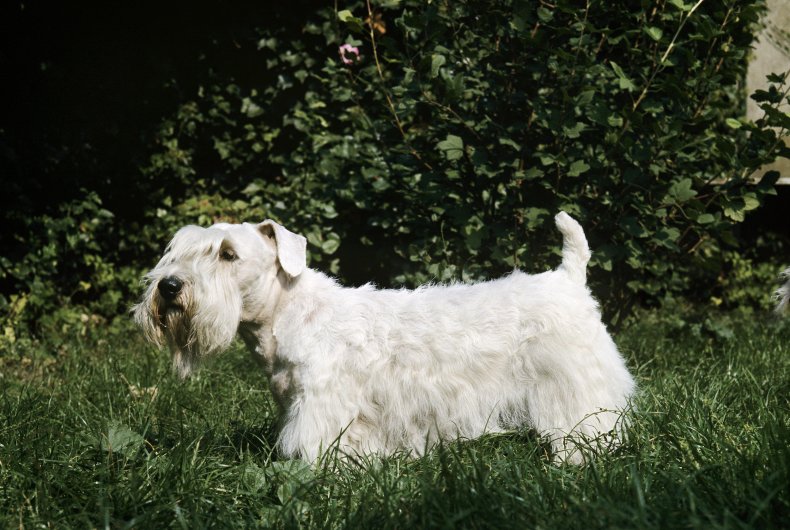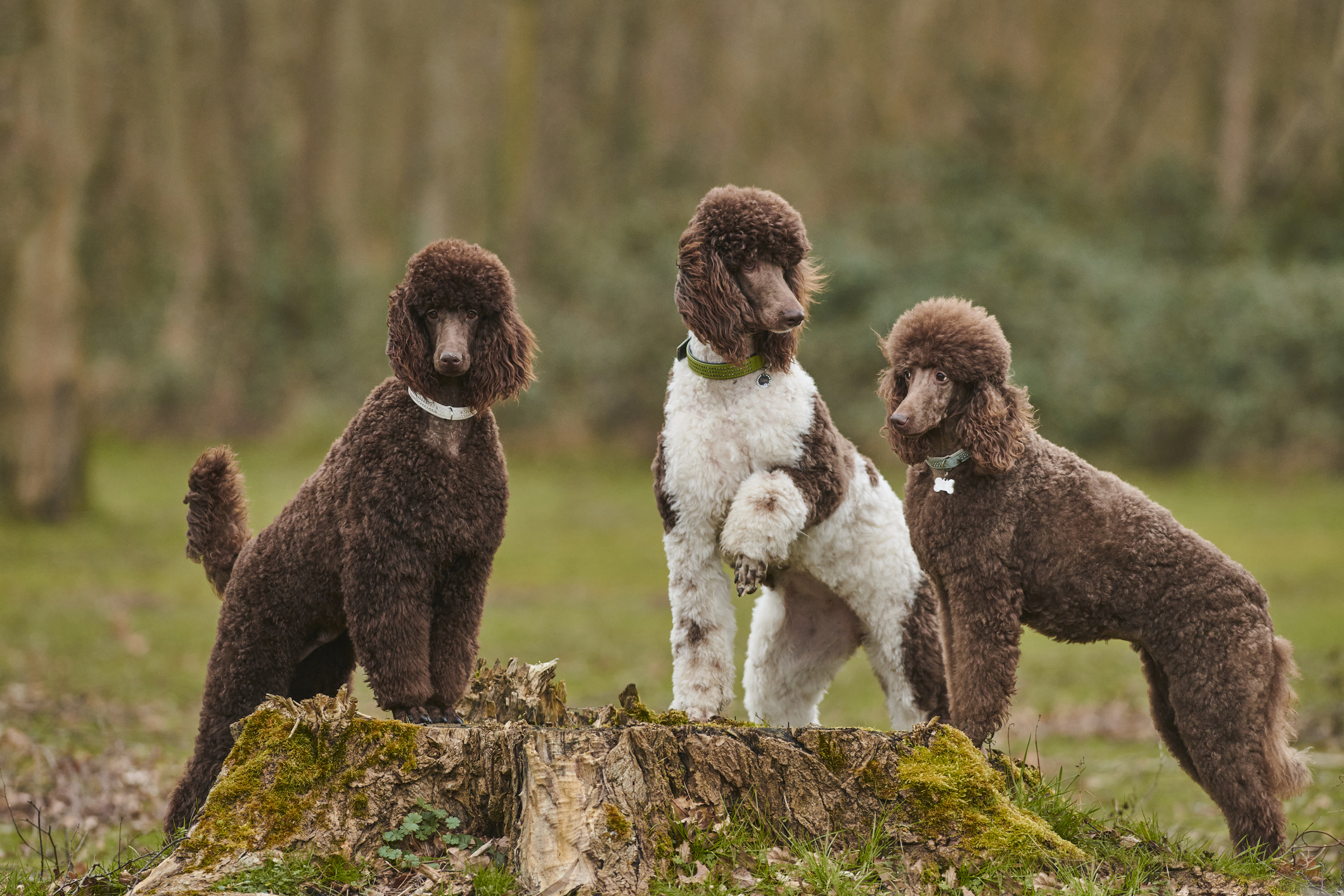
When we consider a dog’s intelligence, we are usually thinking about how obedient or trainable it is. Although being intelligent does impact how a dog learns, the genetics of each breed can determine personality and how likely the dog is to obey its owner.
Some working breeds are notoriously obedient, such as the border collie. Other types of dog, such as terriers or hounds, were bred to be independent and therefore may be less likely to listen to commands.
Here are some of the smaller obedient breeds of dog, according to the American Kennel Club and the dog psychologist Stanley Coren, who studied obedience in his book The Intelligence of Dogs.
As our list shows, if you’re looking for an obedient small dog and aren’t sure where to turn, look no further than a terrier. Take a look at through the full list below.
Poodle
Contents
Poodles may look haughty, but this breed is smart, keen to work and eager to please, according to the AKC. Toy and Miniature Poodles will happily learn to obey commands.
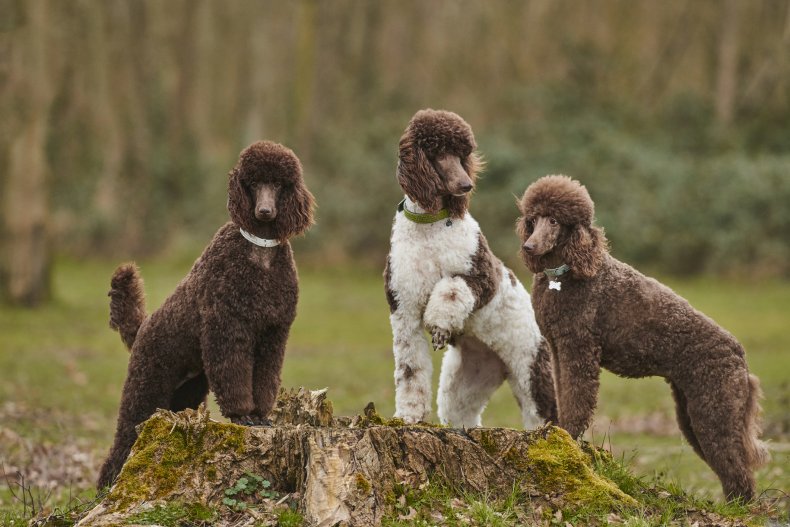
Getty Images
Papillon
Named after their butterfly-like ears, this toy breed is alert, intelligent and like Poodles, keen to please their owners. These small, active dogs are curious and enjoy learning new things.
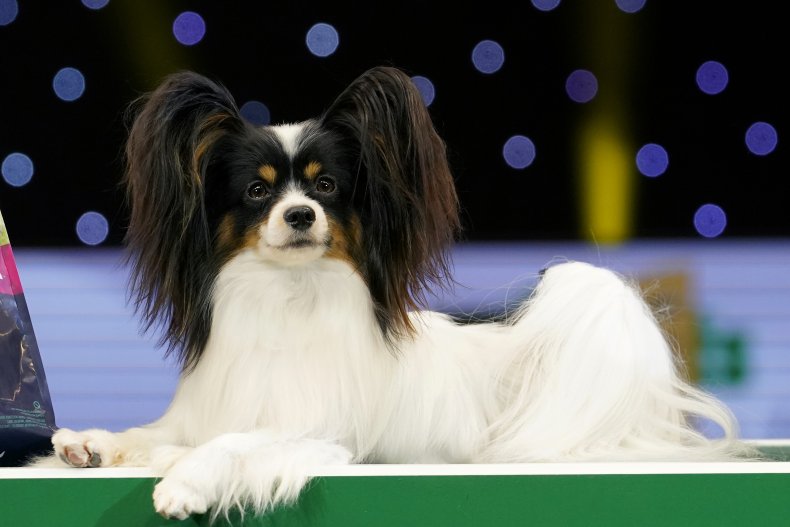
Getty Images
Pembroke Welsh Corgi
According to Cohen, Pembroke Welsh Corgis make good working dogs and tend to learn a command in five to 15 exposures. Small but mighty, these dogs obey at least 85 percent of the time, according to Cohen.
Miniature Schnauzer
Miniature Schnauzers are terriers, who aren’t known for their obedience. However, these dogs are friendly and learn quickly as long as training is fun and interesting. According to the AKC, these dogs can perform well in a number of canine “sports”, including agility, obedience, rally, and earthdog events.
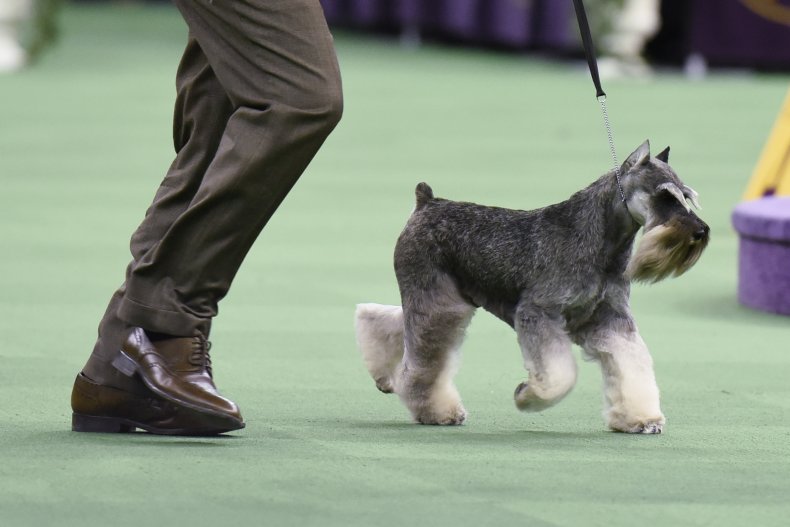
Matthew Eisman/Getty
Pomeranian
These tiny fluff balls are descended from large, working sled dogs. Poms generally are good at learning tricks, but owners must be consistent and firm when training them to avoid them becoming bossy.
Cardigan Welsh Corgi
Cardigan Welsh Corgis are known for being loyal and friendly, but they’re also smart and eager to listen to their owners if well-trained. These dogs were originally bred to work on farms and have short legs so they can nip stubborn cattle to make them move, before quickly getting out of the way.
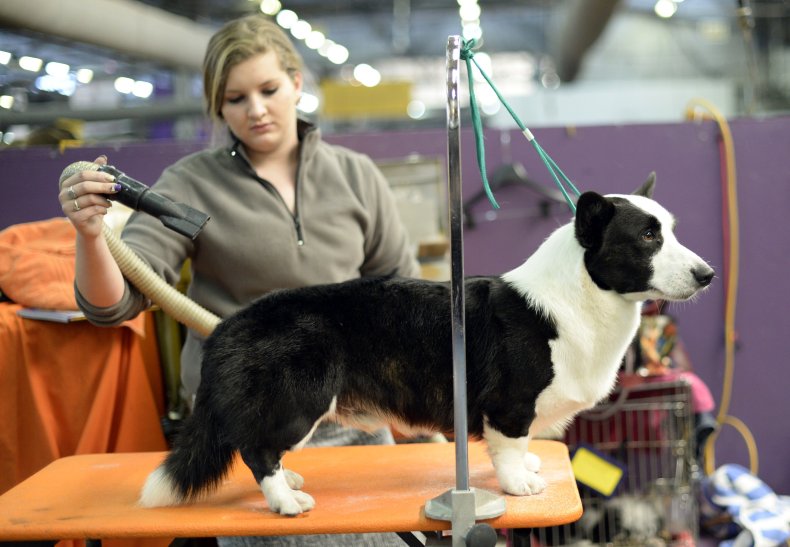
TIMOTHY A. CLARY/AFP via Getty Images/Getty
Yorkshire Terrier
Yorkies tend to learn a new trick in 15 to 25 repetitions and obey at least 70 percent of the time, according to Cohen. Bred for ratting in Yorkshire’s mills, these dogs have a strong prey drive which can sometimes override their listening skills.
Border Terrier
Border Terriers are intelligent and eager to please, but are still independent and are driven to chase prey, as they were originally bred to work rats and foxes underground. These dogs love people and, with proper training, can make good therapy dogs.
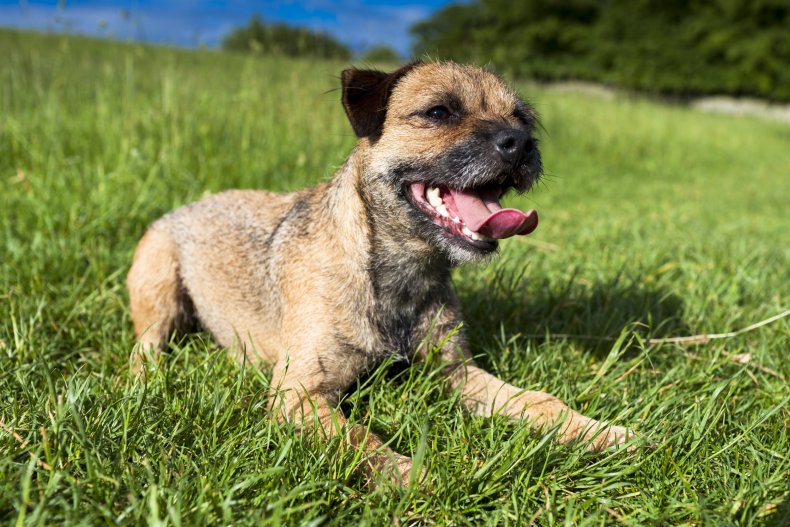
Tim Graham / Contributor/Getty
Australian Terrier
Australian Terriers are descended from the rough-coated terriers brought from Great Britain to Australia in the early 19th century, such as Yorkshire and Cairn Terriers. Aussies rank 34th in Coren’s The Intelligence of Dogs, being of above average for “Working and Obedience” intelligence, indicating good trainability.
Cairn Terrier
Cairn Terriers are small working terriers developed on the Isle of Skye in Scotland. Farmers used them to rid their land of mice, rats and other vermin and to do so, they needed a dog with courage, tenacity and intelligence.
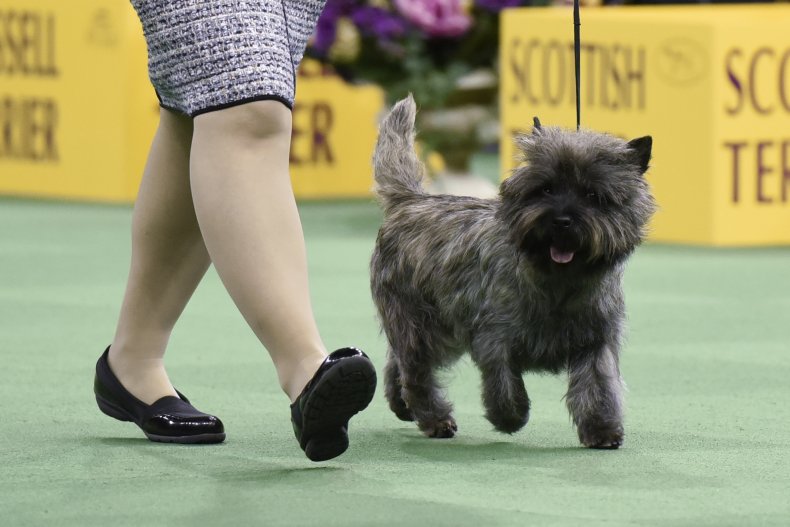
Matthew Eisman/Getty
Silky Terrier
A member of the AKC’s toy group, Silky Terriers are closely related to Yorkshire Terriers. Like most terriers, these dogs have a strong prey drive but are intelligent, so take to training well.
Bichon Frise
The AKC describes the Bichon Frise as a “personality dog” that loves to perform tricks and learn new ones quickly. They respond best to positive training, rather than harsh commands.
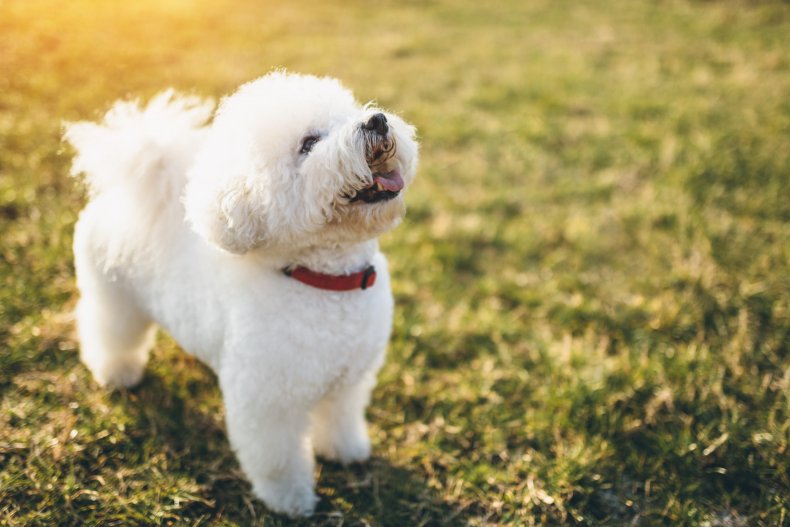
Getty Images
Norwich Terrier
Recognised as a breed in the U.K in the 1930s, these dogs make hardworking, loyal companions. These dogs are quite rare because they have small litters and commonly require cesarean sections to give birth.
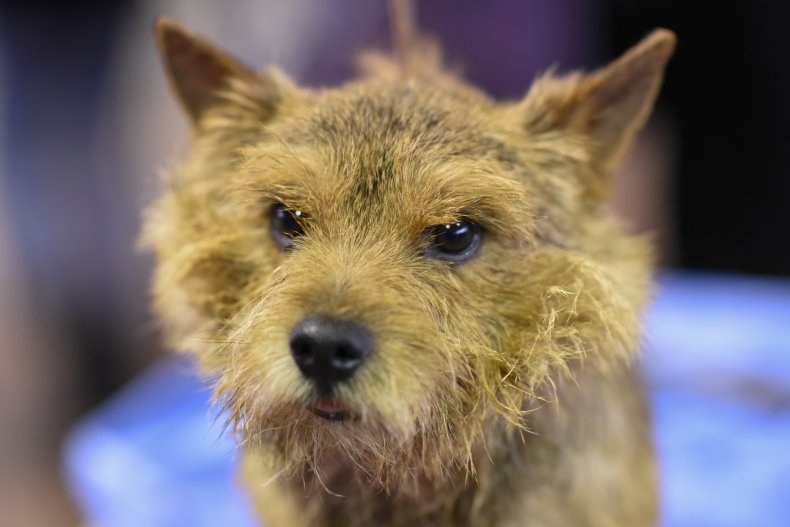
Matthew Eisman/Getty
Bedlington Terrier
Bedlingtons have a lamb-like appearance and are average working dogs, who tend to learn a new trick in 25 to 40 repetitions. They obey at least 50 percent of the time, according to Cohen.
Smooth-Haired Fox Terrier
The Smooth Fox Terrier was the first variety of the fox terriers to be recognised as an official breed in the U.K, according to the Kennel Club. Puppy training classes with a terrier-savvy trainer are highly recommended.
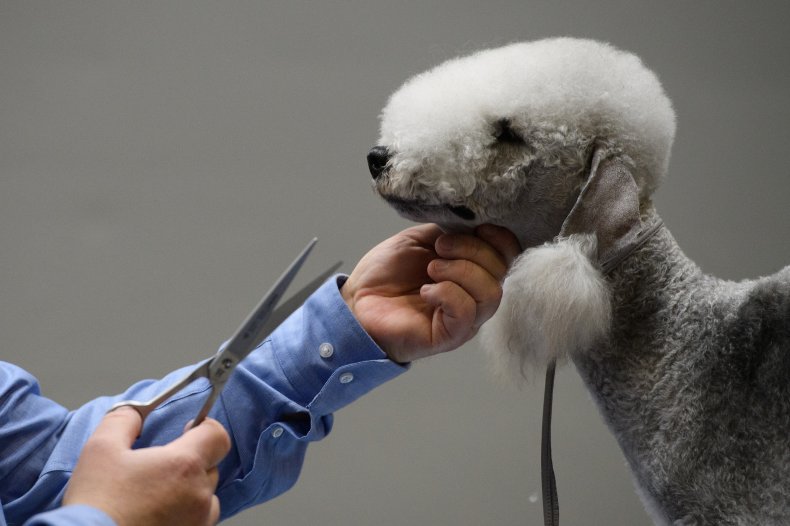
Leon Neal/Getty
Cavalier King Charles Spaniel
Toy spaniels can be traced back to at least the 16th Century in the U.K. These dogs are gentle, affectionate but smart, easily trained and eager to please their owners.
Parson Russell Terrier
The Parson Russell Terrier was developed in southern England in the 1800s to pursue foxes and is named after the Reverend John Russell, a hunting clergyman.
West Highland White Terrier
These friendly, lively dogs are always cheerful and up for playtime. They are intelligent and keen to please their owners, but can be stubborn and have a high prey drive.
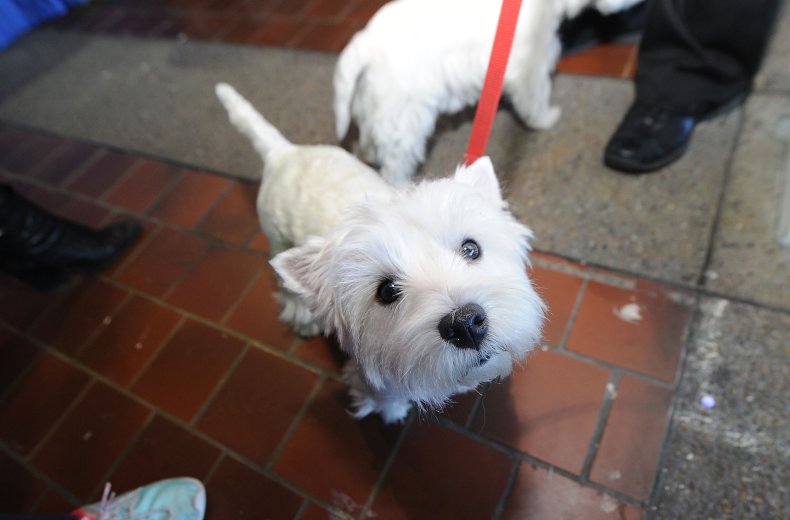
Brad Barket/Getty
Havanese
These small, fluffy dogs make excellent watchdogs and take the job seriously, but will usually keep the barking to a minimum if trained properly.
Dachshund
Dachshunds are scent hounds originally bred to hunt badgers and other tunneling animals such as rabbits and foxes. Originally from Germany, these tiny dogs were even used to trail wild boar.
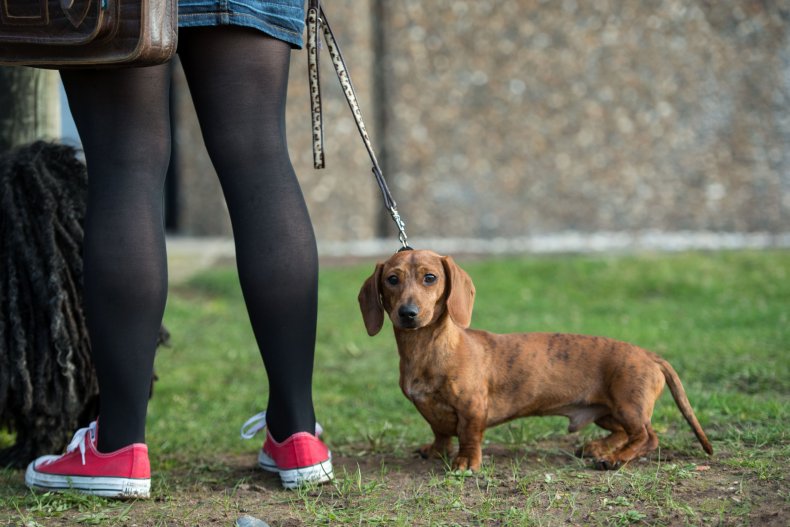
OLI SCARFF/AFP via Getty Images
Wirehaired Fox Terrier
These happy-go-lucky little dogs are intelligent but are also fairly independent and get bored easily, so training sessions must be kept fun and interesting. With patience and consistent training, these dogs can be obedient.
Boston Terrier
The Boston Terrier, originating from the United States, is the result of a cross between an English Bulldog and a White English Terrier. Originally bred as fighting dogs, these smart, little dogs are happiest when at home with their owners.

Zakharova Elena/Getty Images
Skye Terrier
These unusual dogs originate from the Isle of Skye in Scotland but are one of the most endangered native dog breeds in the U.K. They are happiest indoors and enjoy relaxing with their owners.
Norfolk Terrier
A small dog in a big dog’s body, these little terriers are recognisable for their folded over ears. Like other terriers, they are keen to chase prey and can be strong-willed, but are smart and obey commands with good training.
Sealyham Terrier
The name Sealyham Terrier is named after the Sealy Ham estate on the Seal River in Wales, where this “sturdy and confident” terrier was bred, according to the AKC. One of the least obedient dogs on this list, These dogs require a firm but not harsh training technique.
